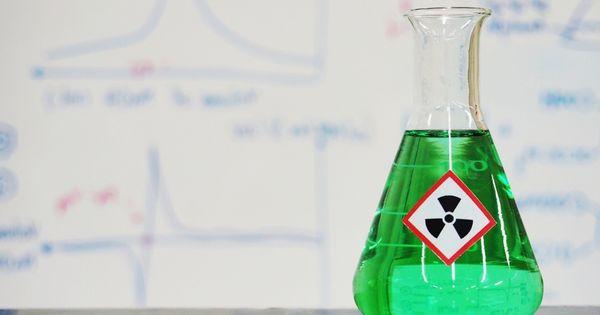
Chemists have been radiolabeling for years. Radiolabeling uses various methods to measure many things, including enzyme activity. This blog will help you understand radiolabeling and a few different strategies. Continue reading for a closer look.
What Is Radiolabeling?
Radiolabeling is a method that’s been around for years. It’s the act of labeling enzymes using radioactive isotopes and provides insight into two different processes. You’ll see the turnover of enzymes in response to stimuli or cell cycles and the method of protein biosynthesis.
Even with more modern enzyme labeling methods, radiolabeling proves to be one of the most sensitive and reliable protein detection methods. One of the key advantages is that the monitored enzymes remain in their natural environment without significant loss of materials.
How Does Radiolabeling Measure Enzyme Activity?
The quantified enzyme activity comes from enzyme concentration and the measurement of the number of radioactivity integrated into a substratum as a function of time—which is how radiolabeling measures enzyme activity.
Radiolabeling Protein Methods
Scientists use different methods to radiolabel proteins. The radionuclide determines which strategy the chemist will use to incorporate it into an enzyme. There are three methods, including the following:
- Indirect labeling via complexation
- Direct labeling
- Indirect labeling via a prosthetic group
The radioisotopes become directly integrated into an enzyme molecule using electrophilic substitution or conjugation. A complexation with a chelating agent will also radiolabel metals.
Radiolabeling proteins has helped scientists understand various biological pathways in modern-day science. In fact, protein labeling dissected the insulin signaling pathway.
In vitro radiolabeling is a straightforward process. Scientists need to have high-purity RNA or DNA as the main requirement for cell-free photosynthesis. Radioimmunoassays utilize antibodies to quantitate and detect the amount of antigen in a sample. They are highly sensitive and specific assays. An assay is a laboratory test used to find and measure a particular substance.
Trust Moravek if you need radiolabeled chemicals. We have state-of-the-art radiolabeling services for non-clinical and clinical research projects. We provide custom services to support any stage of drug development. No job is too challenging for Moravek.
